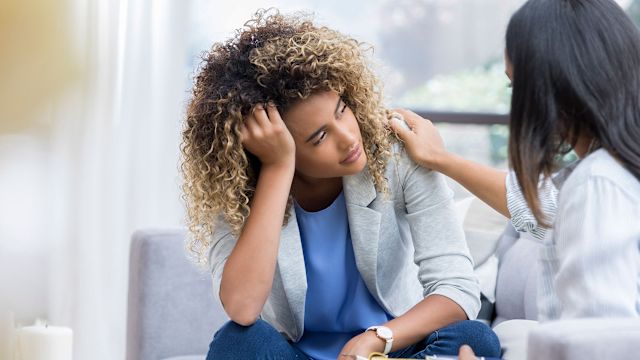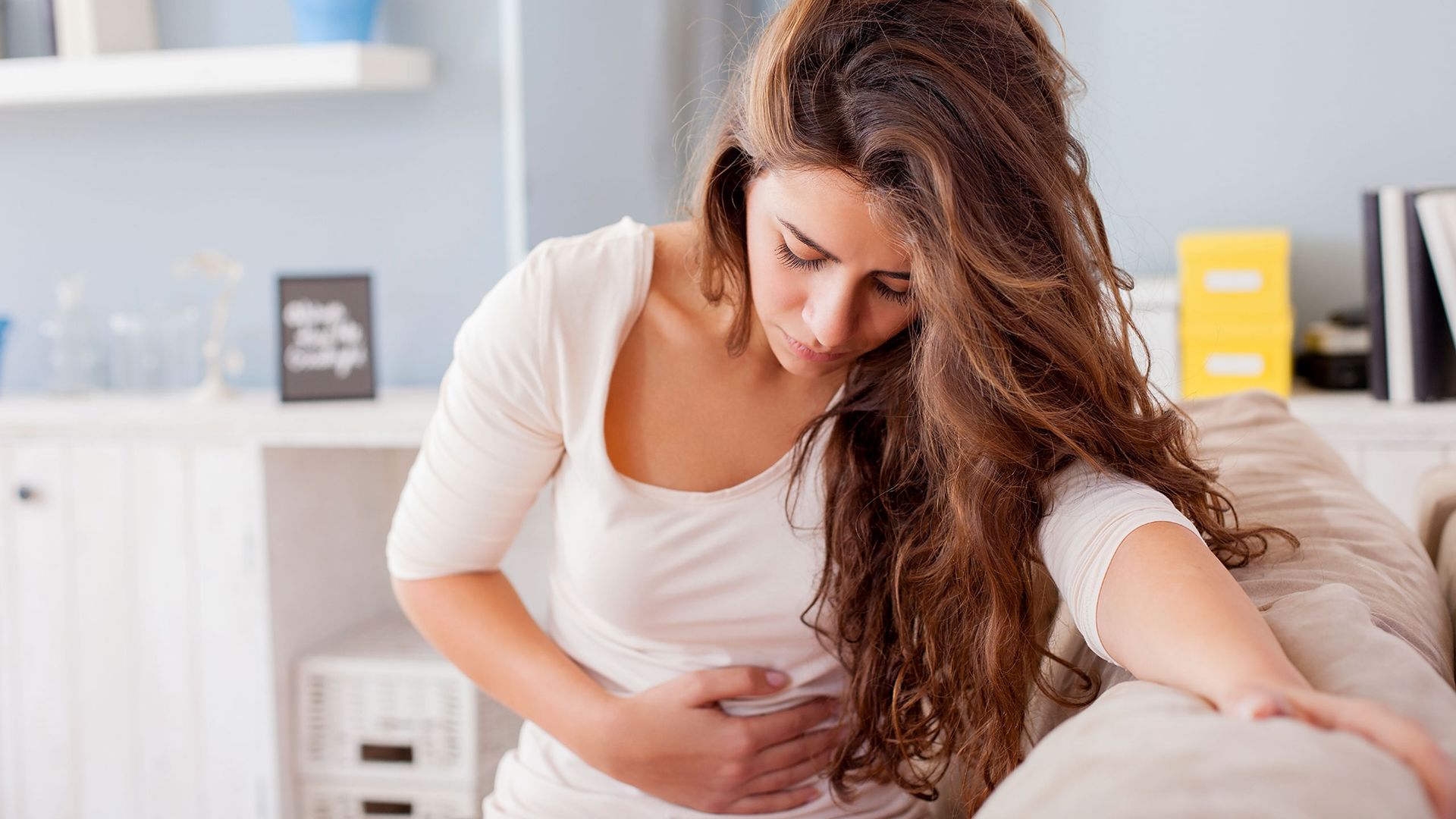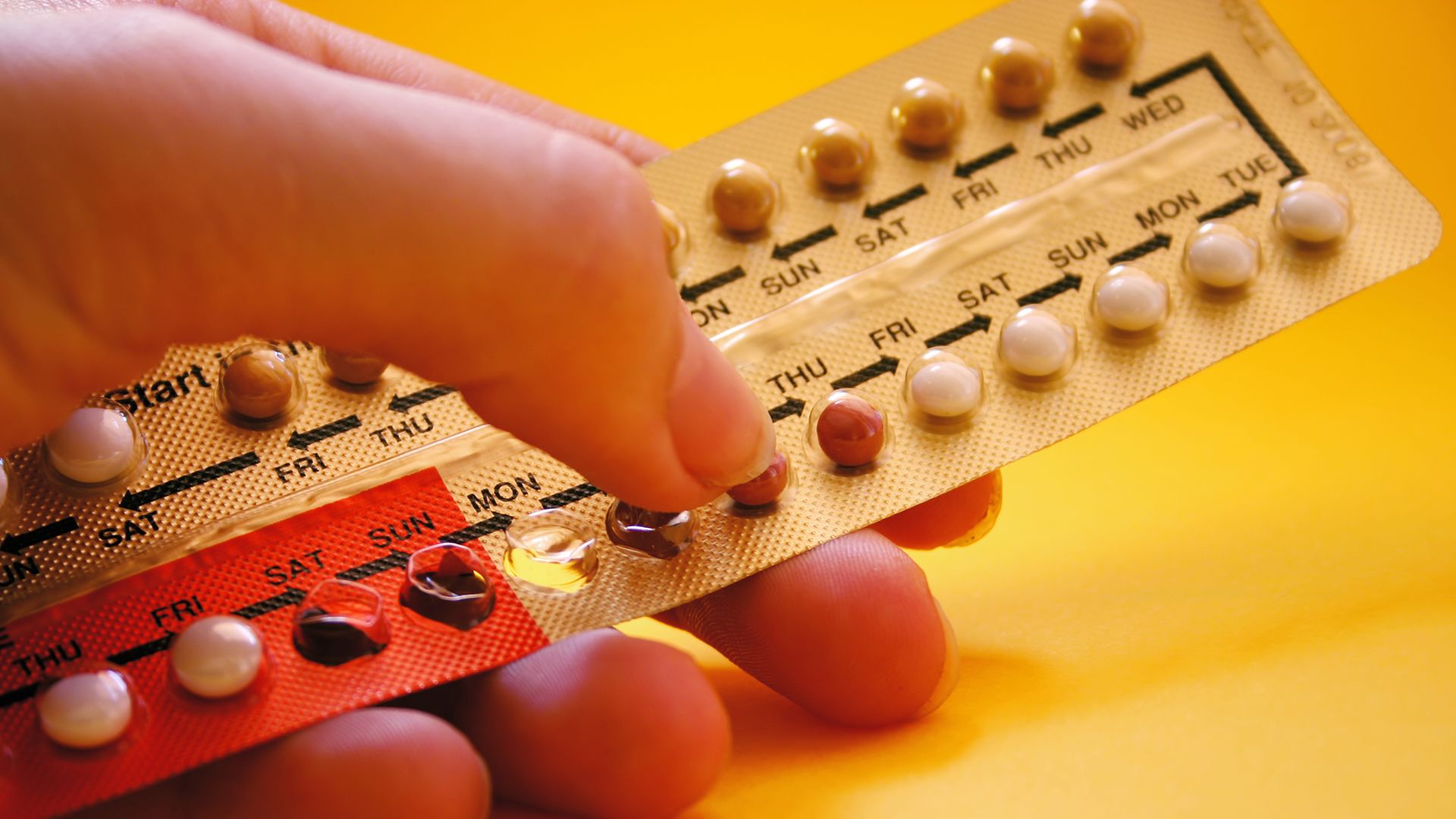Living with endometriosis is hard enough—the severe abdominal cramps, heavy periods, and constant fatigue. Endometriosis is a condition where tissue similar to the lining of the uterus, grows outside the uterus, typically on other organs within the pelvic cavity. It continues to act like uterine tissue, shedding and bleeding with periods, but because it’s in the wrong place, the presence of this tissue causes swelling, inflammation, and pain. So, when a misinformed friend or colleague comments on how endometriosis pain “isn’t so bad” or “just happens for a few days a month,” it can be downright frustrating (and understandably so). Below are five common and painful myths about endometriosis and why they should be debunked once and for all.
Myth #1: Endometriosis is caused by a sexually transmitted infection.
The exact cause of endometriosis remains unknown, but it is not sexually transmitted between partners. Many researchers agree that genetic and environmental factors play an important role in the cause of endometriosis, and studies show women who have a close female relative with endometriosis are five to seven times more likely to have it themselves.
Myth #2: Only women in their 20s and 30s are at risk of endometriosis.
While endometriosis is most commonly diagnosed in women in their 20s and 30s, the disorder can affect females of all ages and has been reported in teenage girls as well as postmenopausal women. Most sufferers experience symptoms for years, not seeking medical attention until a much later age, and it can take up to 10 years to get definitively diagnosed with endometriosis.
Myth #3: Women experience endometriosis pain only during their periods.
Most women experience endometriosis-related pelvic pain right before and during their periods, but some can suffer from constant and excruciating pain that severely interferes with everyday life. Endometriosis lesions can grow on other organs like the bladder and colon, and it’s not uncommon for women to feel pain or discomfort with urination, bowel movements, or during/after sex, even on days outside their menses.
Myth #4: Getting pregnant cures endometriosis.
Unfortunately, there is no cure for endometriosis. While pregnancy may offer temporary relief from signs and symptoms of the disease, it will not cure endometriosis. Hormonal fluctuations even out a short time after pregnancy, and once menstruation returns, signs and symptoms of endometriosis typically return.
Myth #5: Women with mild endometriosis have mild symptoms.
There is little connection between the stage of endometriosis and severity of symptoms. Women with mild endometriosis may experience life-interfering pelvic pain while women with severe endometriosis may experience little or no pain at all. Consequently, women with severe endometriosis may not know they have it and go undiagnosed for years while women with mild endometriosis may suffer from excruciating pain that severely impacts their lives.
Scientists know more about endometriosis today than ever before, and every truth brings us one step closer to better management, more effective treatment options, and possibly, a cure. The more we know about endometriosis, the better we can fight it. If you have any questions or concerns about endometriosis, discuss them with your gynecologist and let’s put these myths to rest.





